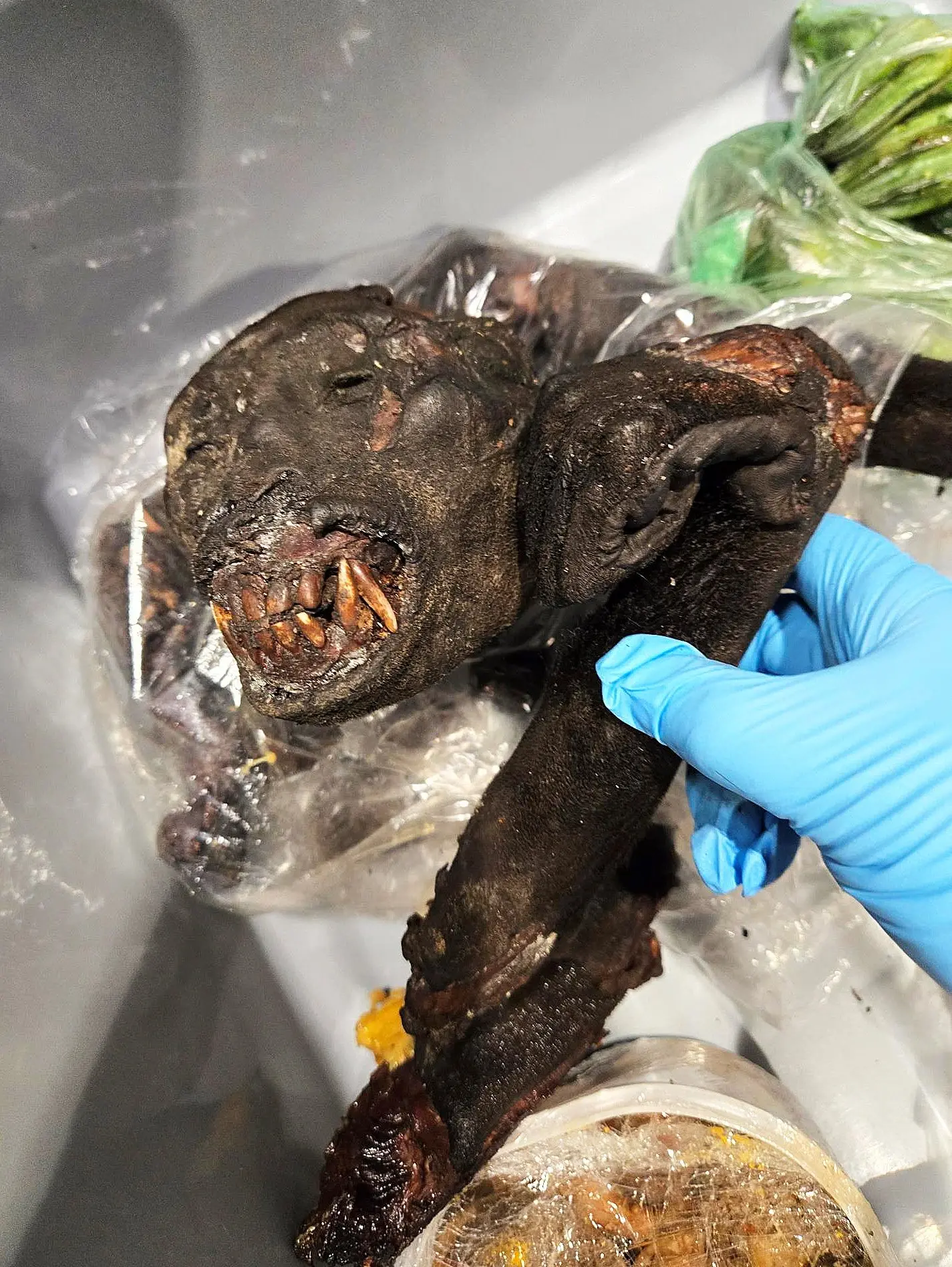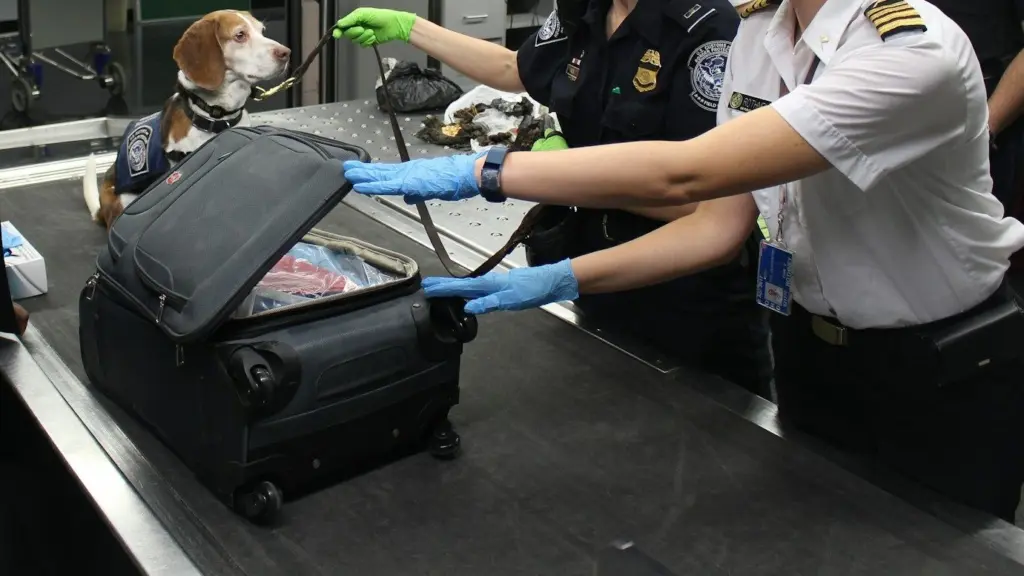
DETROIT, MI – U.S. Customs and Border Protection (CBP) agriculture specialists intercepted two separate shipments of illegal bushmeat at Detroit Metropolitan Airport late last month, seizing more than 60 pounds of potentially disease-carrying meat.
Officials reported that in one case, 11 pounds of rodent meat were discovered in a passenger’s baggage arriving from Togo, West Africa. Days later, a second inspection uncovered 52 pounds of primate meat, falsely declared as antelope, from a traveler arriving from Gabon, a Central African nation. Both travelers were also found carrying undeclared agricultural products.
The seized bushmeat was turned over to the Centers for Disease Control and Prevention (CDC) for final disposal. Each traveler received a $300 fine for failing to declare agricultural items.
“These recent bushmeat interceptions are significant in bringing attention to the illegal importation of bushmeat through our ports of entry,” said Port Director Fadia Pastilong. “This also showcases how we work with our partner agencies to prevent a potential disease outbreak.”
CBP emphasized that bushmeat, which includes meat from wild animals such as bats, primates, and cane rats, poses serious public health risks. Consumption and handling of such meat is linked to communicable diseases, including Ebola and mpox. While rodent-type bushmeat seizures occur sporadically in Detroit, interceptions of primate meat are considered rare.
Director of Field Operations Marty C. Raybon noted that CBP agriculture specialists routinely intercept unusual food and animal items, ranging from live giant snails to animal skulls. “Most times it’s not a malicious act,” Raybon said. “Despite this, it’s our duty to protect the homeland, and preventing certain food and animal products from entering the U.S. is essential to public health.”
CBP officials urge travelers to declare all food, plant, and animal items when entering the United States to help prevent the introduction of exotic pests and diseases.
